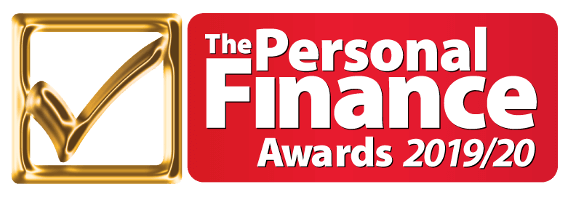If you're juggling a number of different debt repayments, you might find it easier to consolidate everything into one simple sum. Debt consolidation is a common reason for taking out a loan, and provides a way of streamlining your debts and reducing your outgoings too.
If you are a home-owner with a mortgage and equity in your property, you could qualify for a secured loan.
A secured loan uses the available equity in your home as collateral, reducing the risk for the lender and making the repayments more affordable.
However, it's essential that you understand the risks associated with consolidating your debts into a secured loan before you sign on the dotted line. Here's a look at what you need to know.
How can a debt consolidation loan help me?
If you have several debts and add up all the monthly repayments, the total amount of interest you're shelling out could be significant. Multiple small debts are often more expensive than one single, larger low-cost loan, and that's where a debt consolidation secured loan can help.
When you choose to consolidate your existing debts, you clear the balances with the funds from your new loan and instead just have one single repayment every month. Apart from the financial savings, it can be quite a relief to only have a single debt to keep track of.
If you're consolidating debt from existing credit cards, it's important that you resist the urge to start using them again. Many people choose to cut them up or cancel them to avoid any possibility of running up the same debts once more.
Can anyone get a secured loan?
Home-owners with an existing mortgage can use property as security for a loan. As you're providing an asset to offset the risk of the loan, lenders are generally more willing to consider applications, even from those with a bad credit rating.
In fact, using a secured loan to consolidate your debts can be a really smart move if you're struggling to meet the repayments every month.
A secured loan is available to homeowners with a mortgage but the value of your home must be greater than the amount you still owe. Each lender will have their own borrowing criteria which determines the percentage of equity that you must have.
Not everyone will be automatically accepted for a secured loan, even with equity to offer as security. However, acceptance rates are much higher than for an unsecured loan and here at Loans Warehouse we'll put in the hard work to find the best possible lender to match your application.
If you're not a home-owner you won't be eligible for a secured loan, but there are other products which could be suitable for your circumstances, such as a guarantor loan or an unsecured loan.
Sounds great! Anything else I need to know?
Consolidating your debts onto a secured loan may seem like the obvious solution, but it's important to understand the implications.
Although your monthly payments may be quite a bit lower, you may be extending the overall term of your borrowing. This means that once all the repayments have been made, the amount of interest paid in total could be higher. You will need to consider whether this option is best for your circumstances.
The monthly repayments must also be affordable so it's an ideal time to sit down and take a realistic look at your budget. By calculating your essential monthly outgoings, you'll be able to see how much you can comfortably afford to repay on a secured loan.
It's a good idea to take any possible steps to manage future spending. Debt consolidation can solve the problem, but only if you make sure that the same debts don't creep up elsewhere again.
It's essential to make sure your repayments are affordable, and Loans Warehouse will help to make sure that the secured loan you apply for doesn't stretch your financial commitments too far.
Debt consolidation can provide much-needed relief to the stress of spiralling monthly payments. By combining your debts into a single repayment that's affordable, a secured loan could be the solution.



